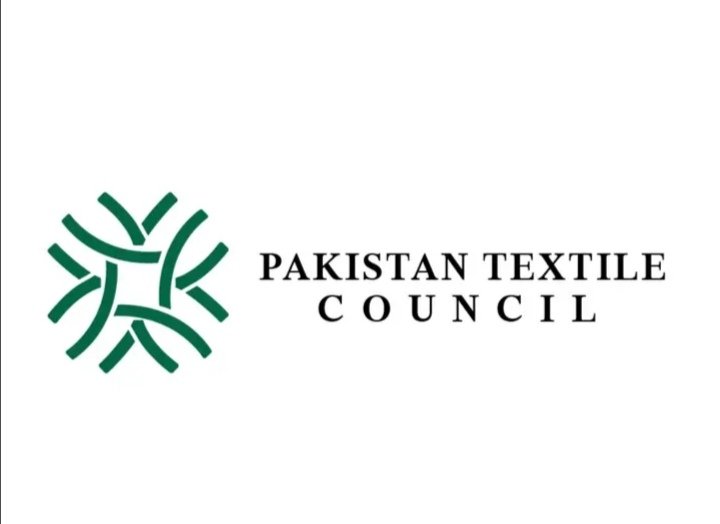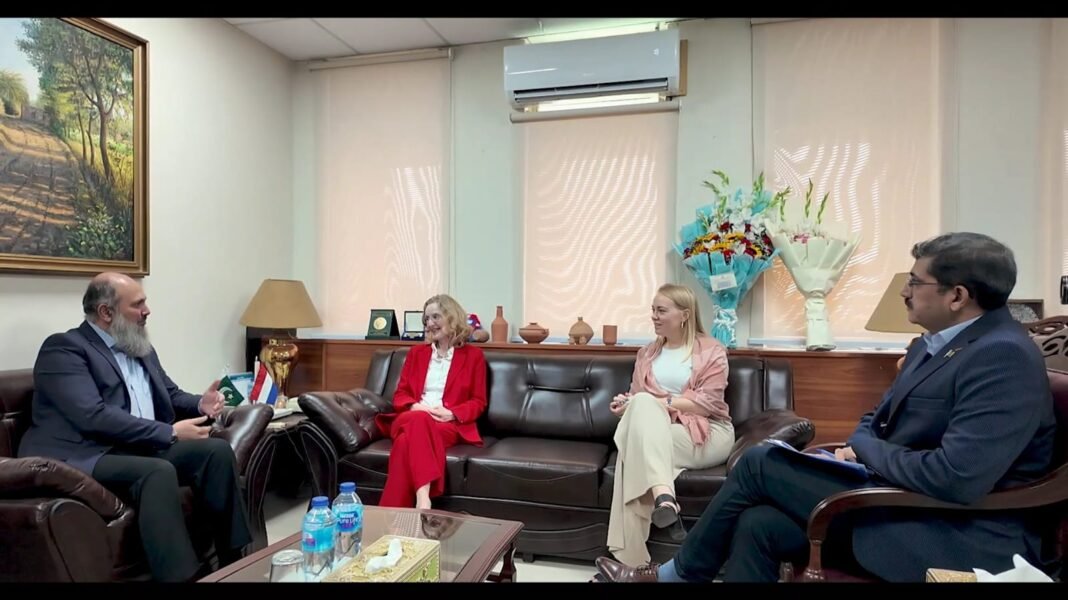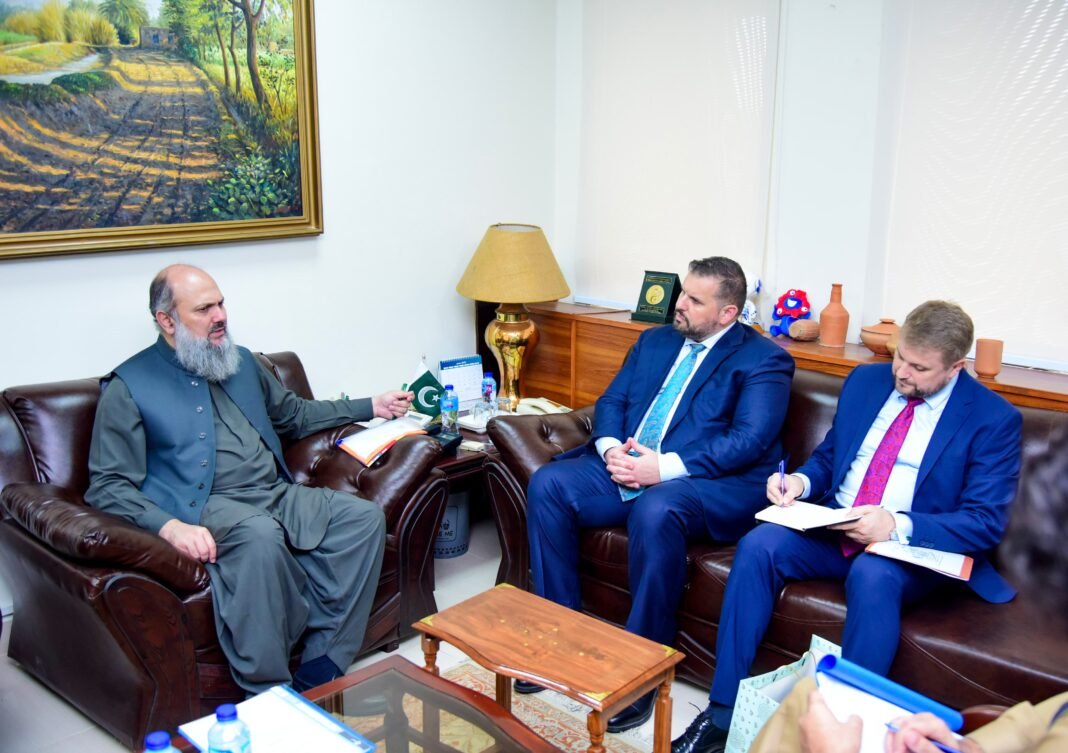
Islamabad — The Pakistan Textile Council (PTC) has voiced serious concern over the
recent amendments notified by the Federal Board of Revenue (FBR) through SRO 1359(I)/2025, which, if
implemented in their current form, will critically damage Pakistan’s textile and apparel exports at a time when
the sector is already under immense external pressure.
Despite the formation of a high-level committee (chaired by Mr. Ahsan Iqbal) by the Honorable Prime Minister to
review and rationalize the Export Facilitation Scheme (EFS) in consultation with the private sector, the
recommendations of the committee—based on weeks of consultations and stakeholder consensus—have been
completely disregarded. The newly notified amendments have bulldozed recommendations of the committee without
addressing the industry’s core concerns.
The most damaging provision is the exclusion of essential raw materials including cotton, cotton yarn, and grey cloth
from the scope of EFS. These materials form the backbone of Pakistan’s textile value chain. Their exclusion will
mean exporters must now pay import duties and sales tax upfront—despite being export-oriented entities that generate
vital foreign exchange for the country.
“This is effectively a tax on exports,” said Mr. Fawad Anwar, Chairman of PTC. “It is unfathomable that at a time
when Pakistan is struggling to stabilize its economy and secure foreign exchange, the government would take steps
that make it harder—not easier—for exporters to survive.”
The PTC has submitted detailed objections and policy recommendations to the Chairman FBR, Mr. Rashid Langrial,
and has formally escalated the issue to the Prime Minister’s Office, Minister for Planning, Minister for Commerce,
and Minister for Finance. The Council has urged the government to immediately withdraw the exclusion clause and
reconsider other restrictive provisions that will paralyze the EFS regime.
Key objections raised by PTC include:
- The input utilization period should remain at least 18 months for all EFS users, with reconciliation statements
submitted as per rules; - Permitting provisional authorization for new EFS users based on declared capacity;
- Replacing bank guarantees with insurance guarantees to reduce cost of compliance;
- Relaxing toll manufacturing restrictions, including impractical 60-day limits and vendor detail requirements;
- Reversing the proposed drawl of intrusive physical sampling rules;
- Maintaining EFS coverage for cotton, yarn, and grey cloth, which was never agreed to be excluded from
EFS.
These changes are being introduced when Pakistan’s textile and apparel exports are already threatened by rising
global protectionism, including recent reciprocal duties imposed by the United States on Pakistani goods, which is
expected to further erode export competitiveness.
PTC strongly urges the Government of Pakistan to intervene and suspend the enforcement of these amendments until
a consensus-based revision is undertaken in line with the recommendations of the PM-mandated committee.
Sohail Majeed is a Special Correspondent at The Diplomatic Insight. He has twelve plus years of experience in journalism & reporting. He covers International Affairs, Diplomacy, UN, Sports, Climate Change, Economy, Technology, and Health.





![logo-1[1]](https://globalnewspakistan.com/wp-content/uploads/2025/01/logo-11-e1737618310315-300x187.png)